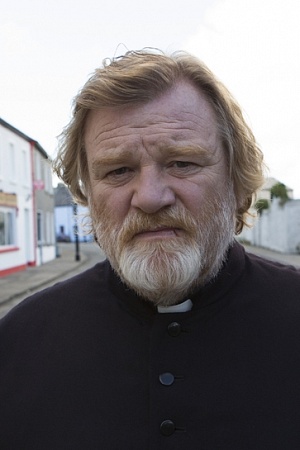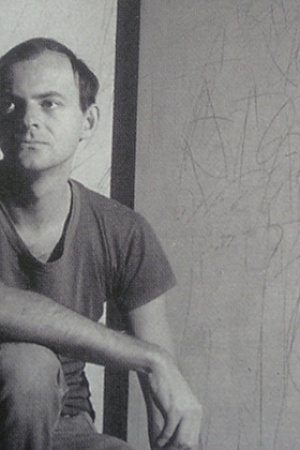Why I quit as opera critic of The Age
There was a time not that long ago when the arts pages of quality daily newspapers were regarded as essential reading as much for those inside the arts industry as outside it. Just as these newspapers were themselves papers of record, their arts pages existed primarily to record and sustain strong and informed critical opinion. Considered criticism has always been and will always remain the vital final link between creativity, performance, and public appreciation.
I have been associated with The Age for more than thirty-six years in various capacities, especially with its arts pages – for the past seven years as the paper’s opera critic, a role I continued after my retirement from full-time journalism three years ago. Through the arts pages, as with the wider paper, I have worked with a changing cast of fine writers and editors, among them, some of the most inspiring and intelligent and witty journalists it has been my pleasure to know and to hold in respect, if not awe. It was also an extended learning experience. In hearing or reading what my colleagues thought or wrote, was to realise, with gratitude, that one’s own knowledge, and perhaps one’s expertise, increased accordingly. As Joan Sutherland once remarked to a fellow singer, ‘School’s never out.’ And it wasn’t.
Continue reading for only $10 per month. Subscribe and gain full access to Australian Book Review. Already a subscriber? Sign in. If you need assistance, feel free to contact us.











Comments (15)
experience, and adorn itself with the writing of Michael Shmith, is poorer for it.
Leave a comment
If you are an ABR subscriber, you will need to sign in to post a comment.
If you have forgotten your sign in details, or if you receive an error message when trying to submit your comment, please email your comment (and the name of the article to which it relates) to ABR Comments. We will review your comment and, subject to approval, we will post it under your name.
Please note that all comments must be approved by ABR and comply with our Terms & Conditions.